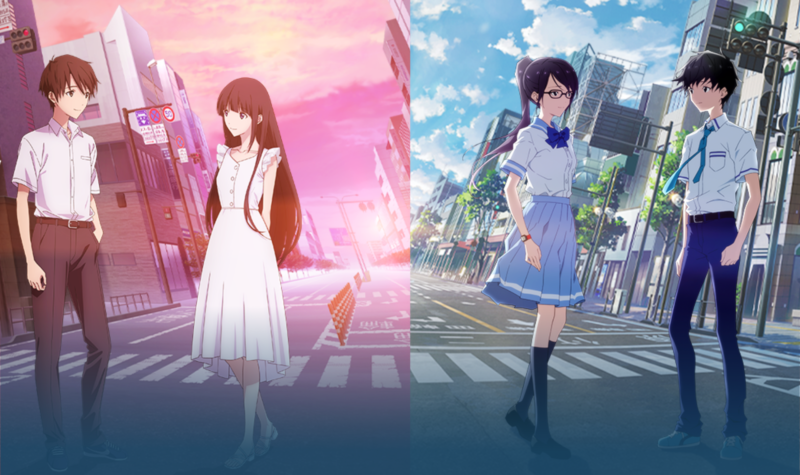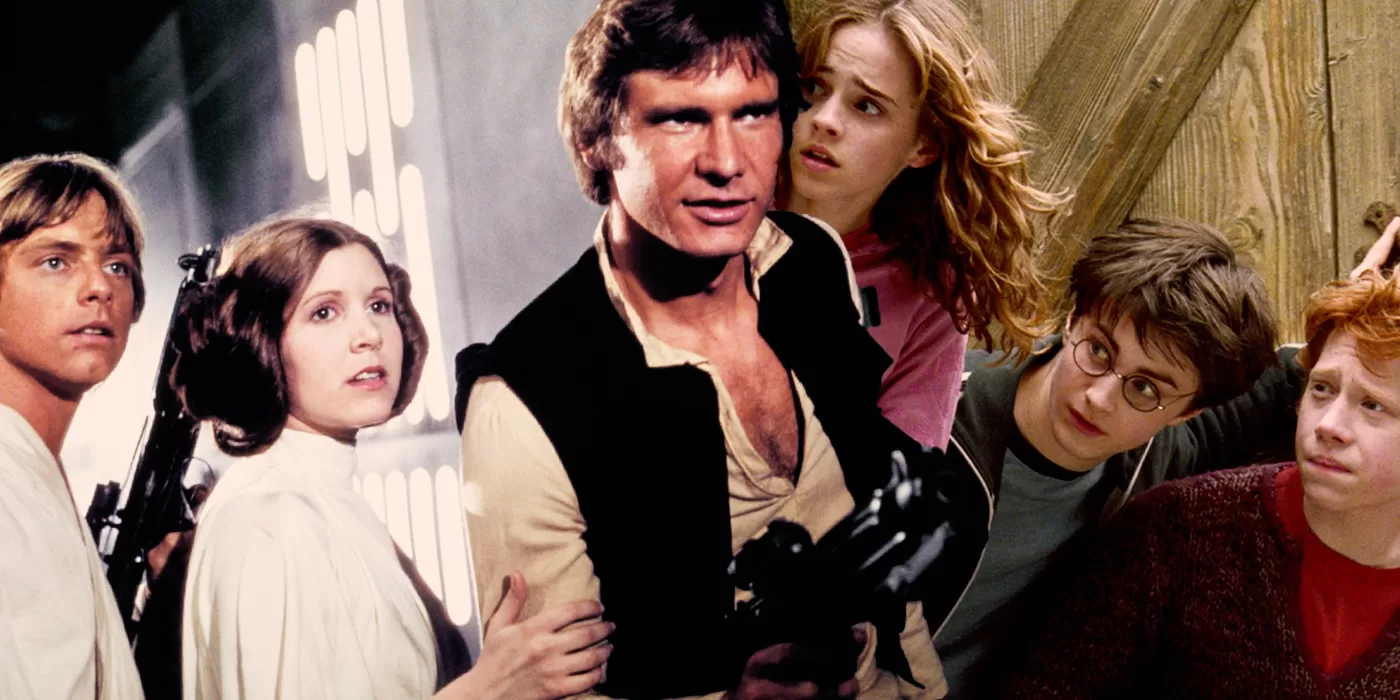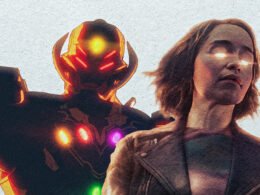*Warning: Minor spoilers ahead for To Every You I’ve Loved Before and To Me, The One Who Loved You*
Multiverse stories are all the rage recently! With the exciting hits of 2022 including Doctor Strange In The Multiverse of Madness and Oscar-winning darling Everything Everywhere All At Once, it seems that fans can’t get enough of the stories that ask “what if?” Anime powerhouse, Crunchyroll, now joins the list of multiverse movies to watch with their power couple To Every You I’ve Loved Before by Jun Matsumoto and To Me, The One Who Loved You by Kenichi Kasai.
Releasing date of April 20, the romantic double feature is set to put audiences in a loop that reflects upon one’s choices, decisions, and possibilities in their own lives. Can we go back and change mistakes? Should we go back and prevent disasters? These two films answer that with their own twist.
Both movies revolve around Koyomi. In one film he is Koyomi Takasaki, in the other he is Koyomi Hidaki. Though the same person, each film reflects off a singular decision Koyomi makes in his childhood. From there, we see diverging paths that he has taken that eventually weave into one another with sci-fi elements.
What makes this double feature fascinating is that they tie into one another while managing to tell their own story. There is no need to watch one before the other. Officially, there is no watch order.
Diverging paths built on trauma and decisions
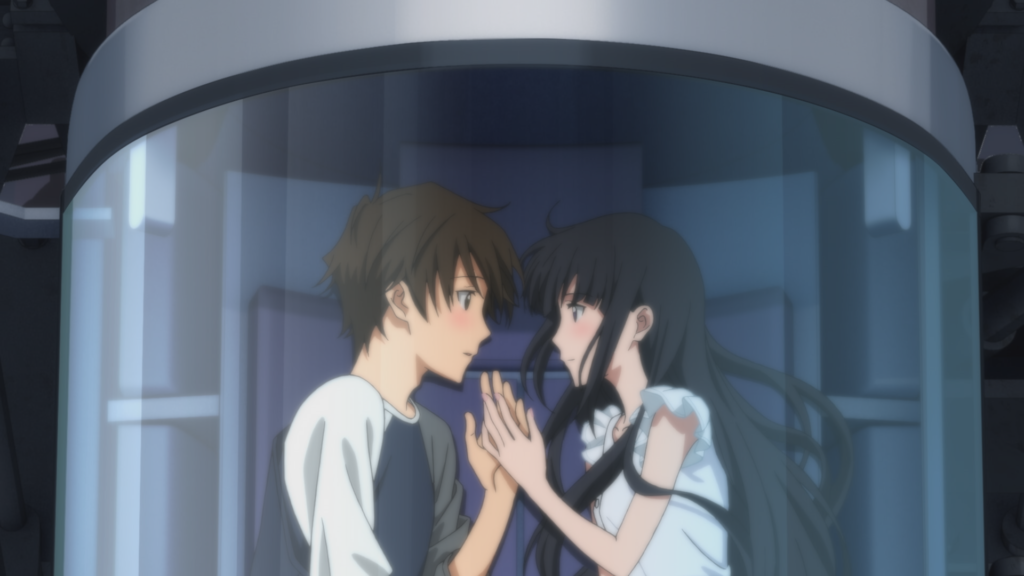
Koyomi is an interesting protagonist, one that I can personally relate to when it comes to decisions and trauma. The stem of Koyomi’s life begins with his choice during his parent’s divorce. Will he go live with his mother or father? This decision branches into the two films’ stories.
We see Koyomi bounce between these two realities throughout the films; one treats it as a mystery and the other is a journey for answers. The perspective on how the viewer will perceive it relies on which movie they watch first.
While both deal in this world of science fiction, multiverse-hopping technology, the two are centered around a core belief of love and loss. Where one Koyomi is in search of happiness and love, the other is seeking to restore what he once lost.
The films do an excellent job telling each individual story of Koyomi—both at the start are drastically different from each other. Specifically, To Every You I’ve Loved Before is heavy with the visual nature of reflections. We often see mirrors, shots of reflections in the water, and contrasting imagery throughout the film.
To Me, The One Who Loved You, is a bit heavier in the science fiction, as it is set on the Koyomi seeking for answers between dimensions. Interestingly, the crux of the films is set around a girl name Shiori Sato, the main love interest from the previously stated film, and the mystery surrounding her life.
Which should I watch first?
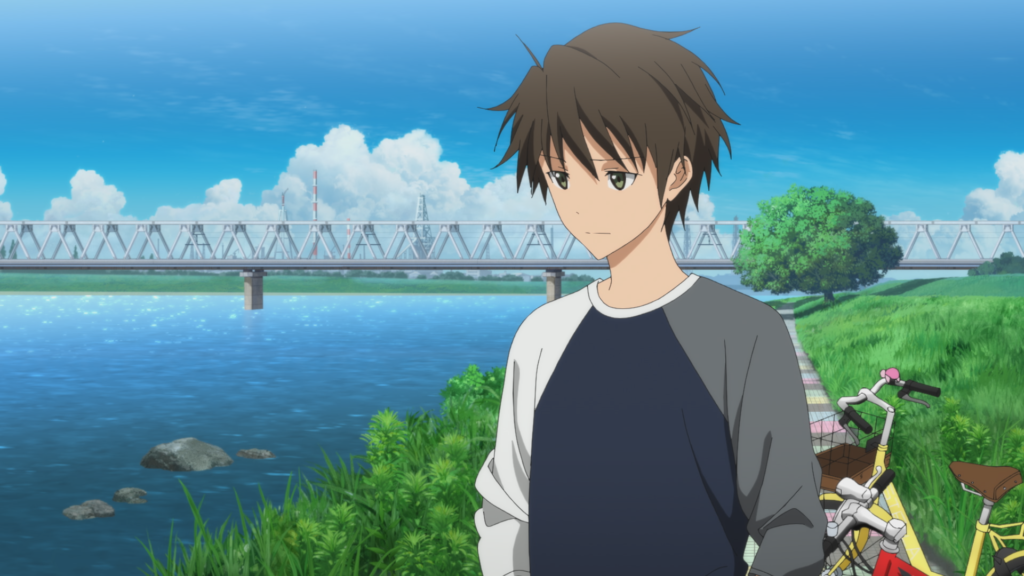
While there is no official watch order for this double feature, I would recommend one before the other. To Me, The One Who Loved You sets up the science fiction nature of the film. It also sets forth the plot with Shiori, as we see her show up early on in To Every You I’ve Loved Before.
Without seeing To Me, The One Who Loved You first, there can be a sense of confusion on the character and why she is important. Eventually those questions are answered, but not particularly well in To Every You I’ve Loved Before.
In my opinion, it is better to watch the relationship unfold before your eyes than to see an exposition dump near the end of the film.
Where can I watch To me, The One Who Loved You and To Every You I’ve Loved Before?
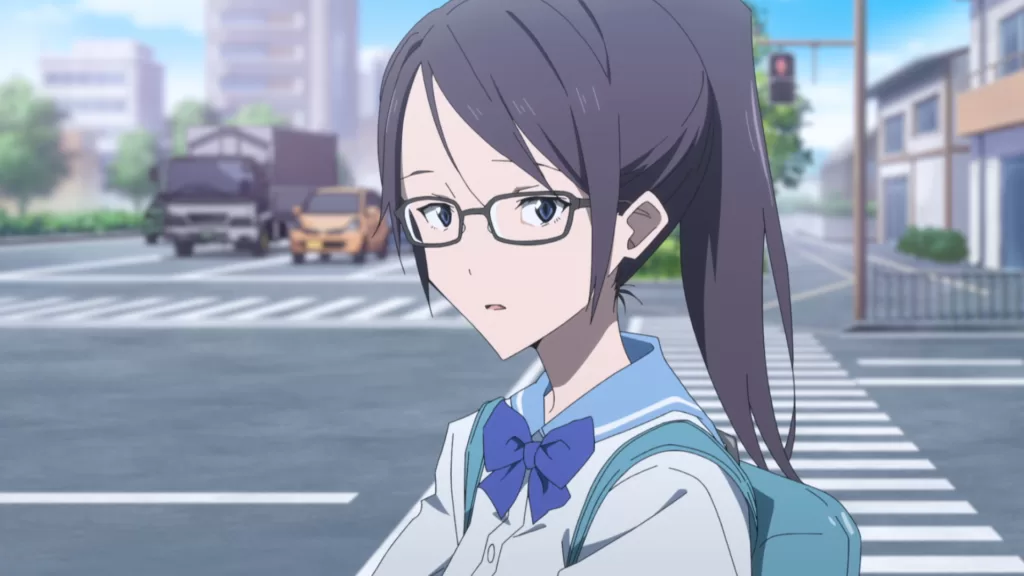
Both films release on Crunchyroll on April 20.
The two movies do a great job of telling the stories put forward, allowing shocking twists and reveals to occur carefully. While based in a world of science fiction with multiverse-hopping technology, the relationships are extremely grounded.
It’s hard for me to not be emotional when the themes of a child of divorce appear in any media. There are also amazing moments of second chances to say goodbye, allowing closure in this world. Both films, however, struggle at times with repetitive sequences or exposition dumps when trying to catch the viewer up on the other story.
Overall, the two films compliment each other, but I would highly recommend beginning with To Every You I’ve Loved Before, as it has better payoffs in its following movie.
Be sure to follow the Agents of Fandom socials for the latest news and reviews!
Double Feature—'To Every You I've Loved Before' and 'To Me, The One Who Loved You' Review
Double Feature—'To Every You I've Loved Before' and 'To Me, The One Who Loved You' ReviewThe Good
- The relationships hit hard, easy to connect to
- Koyomi is a likable protagonist
- Answers the question of "what if?" in a unique way
The Bad
- Repetitive sequences in both films
- 'To Every You I've Loved Before' often is heavy on exposition dumps





